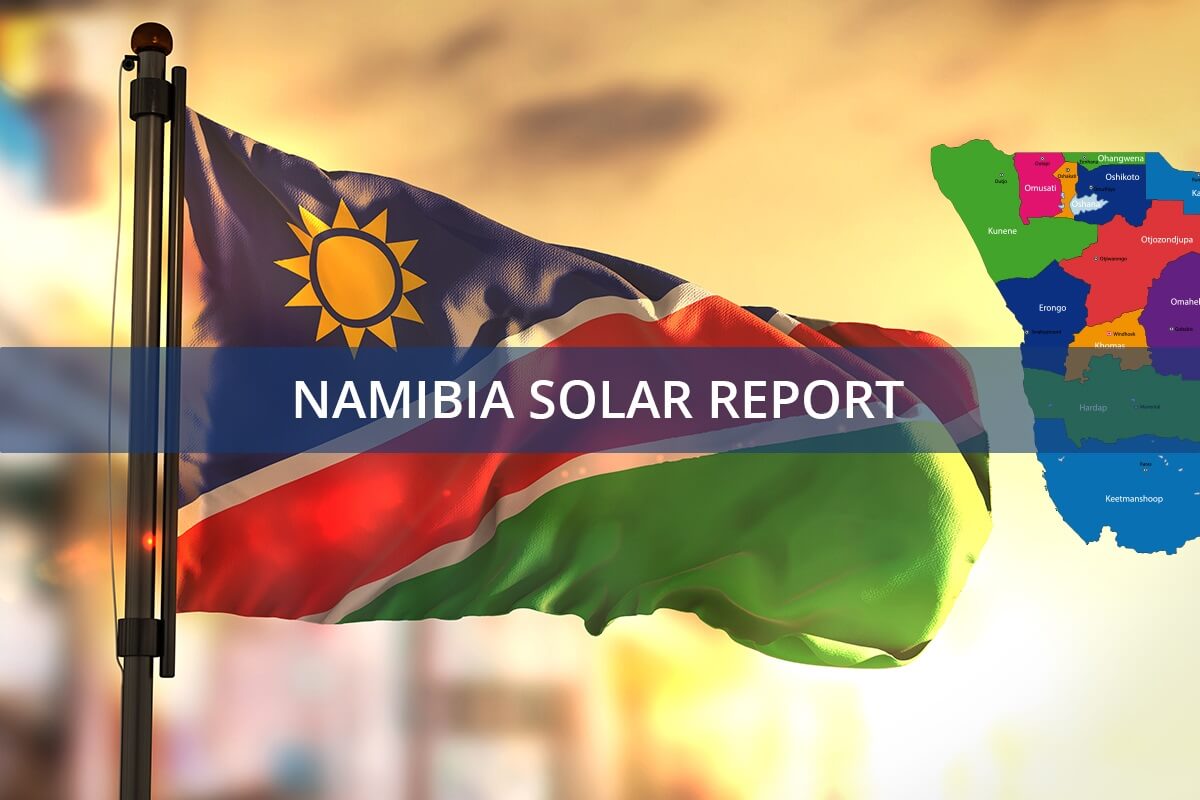Namibia’s Ministry of Mines and Energy has announced a new off-grid solar program to provide electricity to rural and peri-urban areas, thereby enhancing access to energy and supporting sustainable development. You can find more information about the Namibian solar market at PV KnowHow.
Namibia Solar Off-Grid Program Overview
The Ministry of Mines and Energy (MME) has launched an ambitious off-grid solar program aimed at significantly increasing electricity access in rural and peri-urban Namibia. This initiative is a crucial step towards supporting sustainable development and fostering economic growth. The program’s primary objective is to boost energy access from the current 45% to 67% by 2027, with the ultimate goal of achieving universal access by 2030. This aligns perfectly with Namibia’s Vision 2030 and the objectives outlined in the Fifth National Development Plan.
The program benefits from substantial financial backing, with a combined N$1.2 billion investment from the German government and the European Union, supplemented by a N$300 million contribution from the Namibian government.
At the program’s launch event, Minister of Mines and Energy, Tom Alweendo, underscored the transformative potential of electricity in enhancing the quality of life for underserved communities. He emphasized that the program is poised to stimulate economic activities, create much-needed jobs, and improve access to essential services such as education and healthcare.
Funding and Implementation of the Namibia Solar Off-Grid Program
Minister Alweendo expressed strong confidence in the program’s capacity to bridge the energy access gap by extending electricity to a greater number of homes, schools, health facilities, and small businesses. He also reassured the public of the government’s unwavering commitment to ensuring energy affordability for all Namibians.
This off-grid solar program forms an integral part of Namibia’s broader energy strategy, which focuses on diversifying energy sources and reducing the nation’s dependence on imported electricity. By harnessing the power of solar energy, Namibia aims to capitalize on its abundant natural resources while simultaneously championing environmental sustainability.
Benefits of Namibia Solar Off-Grid Electrification
The solar electrification initiative is expected to bring about profound positive changes in the lives of rural residents by providing a consistent and reliable source of energy. Improved access to electricity will have a cascading effect, leading to better educational outcomes, enhanced healthcare services, and more efficient local business operations. Furthermore, the program contributes to reducing the country’s carbon footprint, aligning with global efforts to mitigate the effects of climate change.
The Ministry of Mines and Energy is committed to closely monitoring the program’s implementation to ensure its effectiveness and address any challenges that may arise during the rollout of the solar systems. By actively engaging and collaborating with local communities, the ministry seeks to create a truly sustainable and impactful program.
This off-grid solar program marks a significant milestone in Namibia’s pursuit of universal energy access. By prioritizing sustainable energy solutions, Namibia is not only investing in its own future but also serving as a model for other countries in the region striving for a cleaner and more prosperous future.

